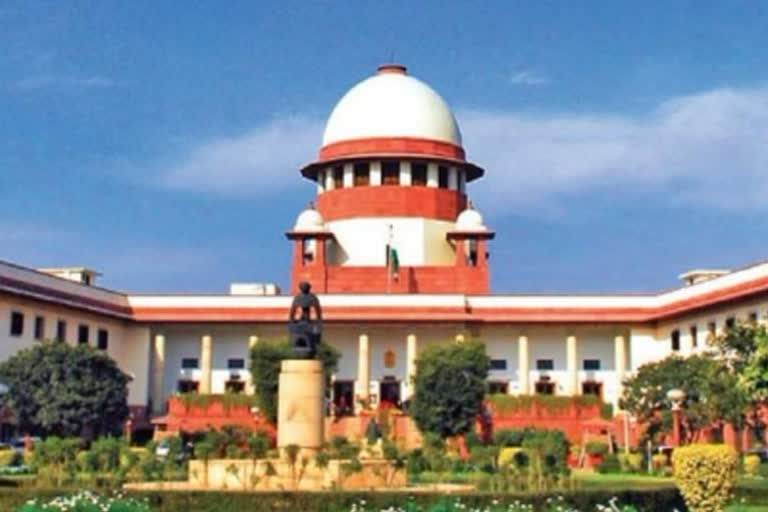New Delhi: Jamiat Ulama-I-Hind has moved Supreme Court opposing the challenge to the Places of Worship Act, and has sought impleadment. A writ petition under Article 32 of the Constitution was moved in the Supreme Court seeking orders from the Supreme Court for effective enforcement of the Places of Worship (Special Provisions) Act, 1991.
The petition filed by the Jamiat Ulama-i-Hind has submitted that Muslim Places of Worship are being made the subject matter of frivolous controversies which is in clear violation of the 1991 Act and despite there being a bar such proceedings are being permitted to proceed with interim orders altering the status quo which has been maintained for ages in the Muslim Places of Worship.
The petition submitted that post the 5-judge bench judgment in the Ram Janmbhoomi matter, numerous suits are being filed averring that Muslim Places of Worships like mosques and tombs and which have been such even prior to 1947 have been erected by destroying Hindu Temples or places of worship. "It has also been a common averment that Muslim Invaders such as Mughal emperors have built Muslim places of worship such as Masjids after destroying Hindu places of worship such as Temples."
It was asserted in the plea filed by Advocate Ejaz Maqbool that, "Without prejudice to the foregoing, even if all these allegations are assumed to be true, it is nothing but seeking retrogression, which, as held by this Hon'ble Court in M. Siddiq's case is against the essential feature of our secular values."
The Court had in its judgment in the Ram Janmbhoomi matter held that law cannot be used as a device to reach back in time and provide a legal remedy to every person who disagrees with the course which history has taken and that the courts of today cannot take cognizance of historical rights and wrongs unless it is shown that their legal consequences are enforceable in the present.



